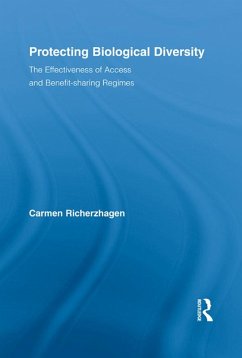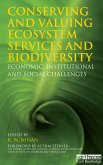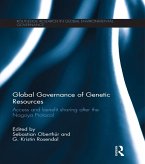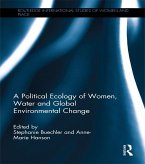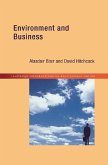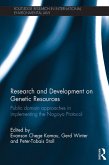During the last ten years the enormous global loss of biodiversity has received remarkable attention. Among the numerous approaches undertaken to stop or lessen this process, access and benefit-sharing (ABS), a market-based approach, has emerged as among the most prominent. In theory, ABS turns biodiversity and genetic resources from an open access good to a private good and creates a market for genetic resources. It internalizes the resources' positive externalities by pricing the commercial values for research and development and makes users pay for it. Users' benefits are shared with the resource holders and set incentives for the sustainable use and the conservation of biodiversity. Carmen Richerzhagen, however, finds that in practice there are significant questions about the effectiveness of the approach in the protection of biodiversity and about the fair and equitable sharing of benefits arising from the commercialization. Utilizing the empirical findings of three case studies of biodiversity-providing countries - Costa Rica, the Philippines and Ethiopia - and one case study of a community of user countries, the European Union (EU), Richerzhagen examines the effectiveness of ABS through the realization of its own objectives.
Dieser Download kann aus rechtlichen Gründen nur mit Rechnungsadresse in A, B, BG, CY, CZ, D, DK, EW, E, FIN, F, GR, HR, H, IRL, I, LT, L, LR, M, NL, PL, P, R, S, SLO, SK ausgeliefert werden.

